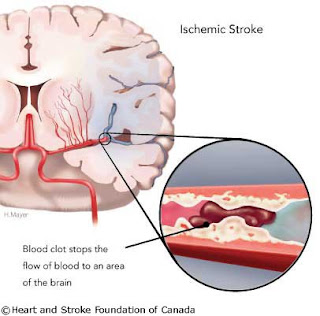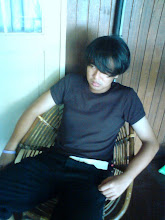LONGEVITY SECRETS (Taken From RD's July 2008 edition)
(Aging is part of the nature & man should know how to balance it)
Explorer and longevity researcher Dan Buettner studied the places where people live the longest: Sardinia, Italy; Okinawa, Japan; Nicoya, Costa Rica; and Loma Linda, California. His book The Blue Zone shares tips from the long-lived residents.
"There's no supplement that can reverse aging," he says. But avoiding processed foods, making family a priority, cutting calories by 20 percent, and getting on a scale daily may slow it down. Also vital: reducing stress. Here's how:
Meditate Sit in a quiet space and focus on the skin below your nose and above your lip. Feel the sensations of your breathing. Aim for 15 minutes a day, building up to an hour.
Get personal Write a personal mission statement. It helps you develop your purpose in life, a factor that contributes to longevity.
Do yoga ''It's an ideal exercise as you get older, when joint health is especially important,'' Buettner says.(My Comment: among 3s, I prefered Yoga & meditate, It helps me a lot of improving my long life)
DON'T JUST THROW OUT OLD MEDS (Taken from RD'S May 2008 edition)
Flushing old medications might seem like the best way to keep them out of your child's reach, but it creates a potential public health hazard by allowing drugs into our water supply.
Similarly, do not pour it down the sink as it may end up in the local water table. And do not throw it in the trash. It may still be within reach of kids and pets.;
The safest way to get rid of leftover medications is to take them back to the pharmacy. However, not all pharmacies are required to take back unused medications but you can enquire at your local drugstore or pharmacy for options. Besides prescribed medicines, vitamins and minerals are chemicals, and can also be harmful to the soil and groundwater.(My Comment: I think, we never realized that what actually we flushing out through the trash is much more harmful to us; the reason is simple; we don't know how to treat the leftover meds. Guess the local pharmacist should play their role in this part)
SPOT STROKES FAST ( Taken from RD's october 2008 edition)
Rapidly treating a mini-stroke, or transient ischaemic attack (TIA), reduces the risk of a major stroke by 80 percent
according to a study by Oxford's Radcliffe Hospital. Someone who suffers a TIA has similar symptoms to a stroke but the symptoms may only last a few minutes.
(80% of strokes are ischimec, restriction in blood supply, generally due to factors in the blood vessels, with resultant damage or dysfunction of tissue)
Ignoring them, however, can result in a major stroke following within three months. The Stroke Association uses the FAST test to diagnose whether someone is having a stroke or TIA:Facial weakness – can the person smile, has the person's mouth/eye drooped?
Arm weakness – can the person raise both arms?
Speech problems – can they speak clearly and understand what you say?
Test all three symptoms. If he or she fails any of these tests, call emergency so they can receive treatment quickly at a hospital and damage to the brain can be reduced.
(My Comment: I saw my frenz who got this 3 symptoms, gotta save his life as smallville boy!!)










No comments:
Post a Comment